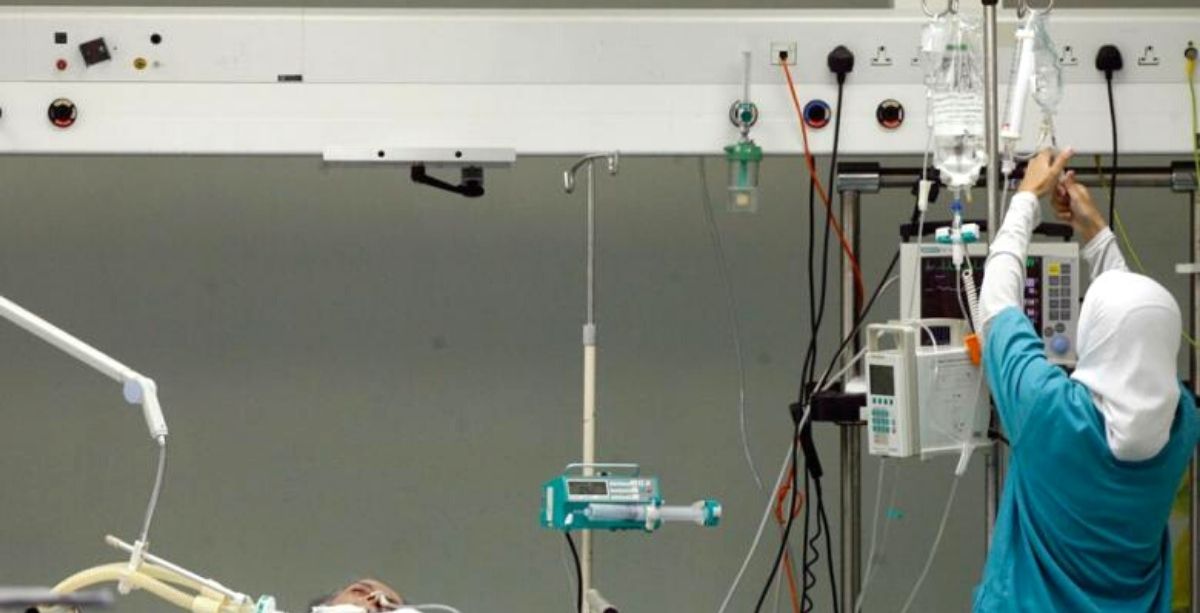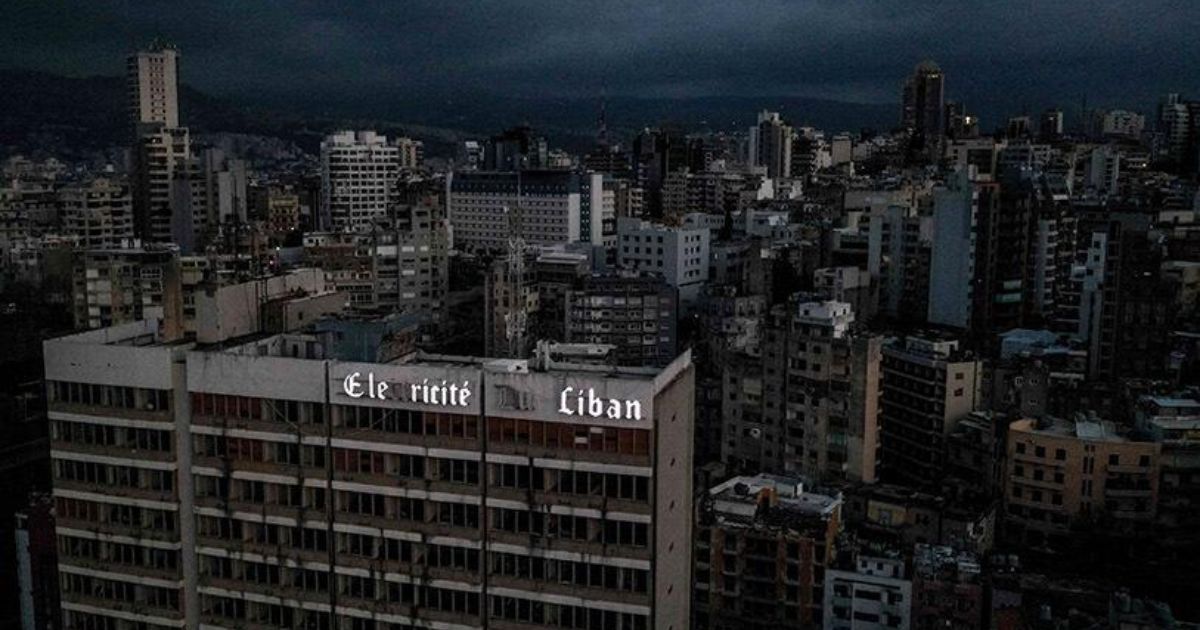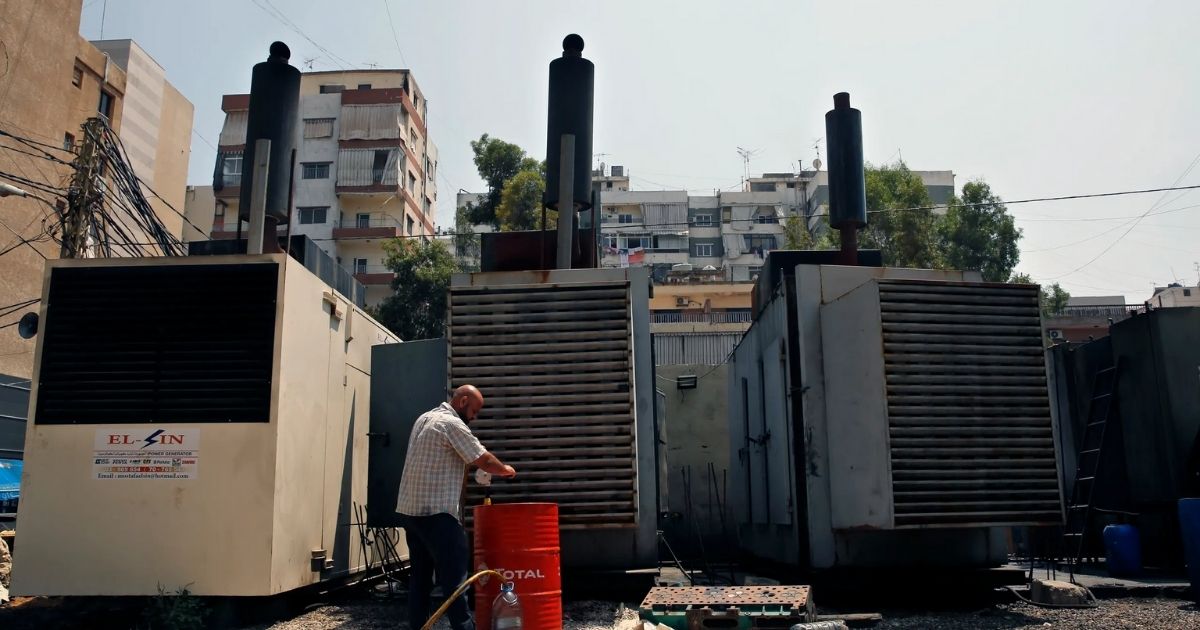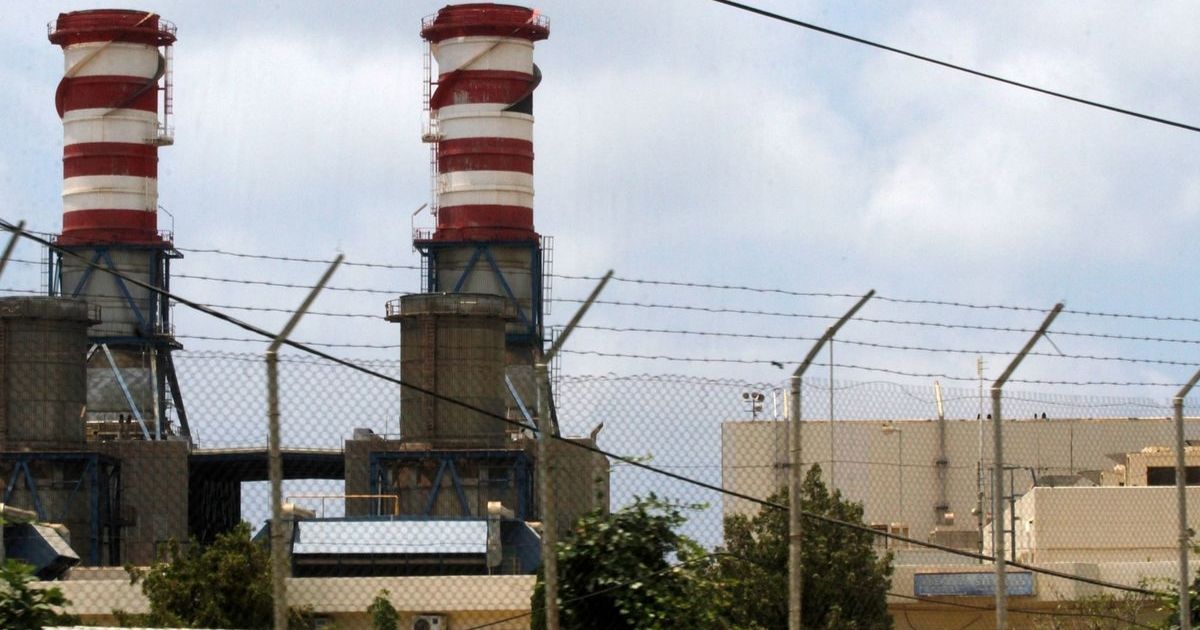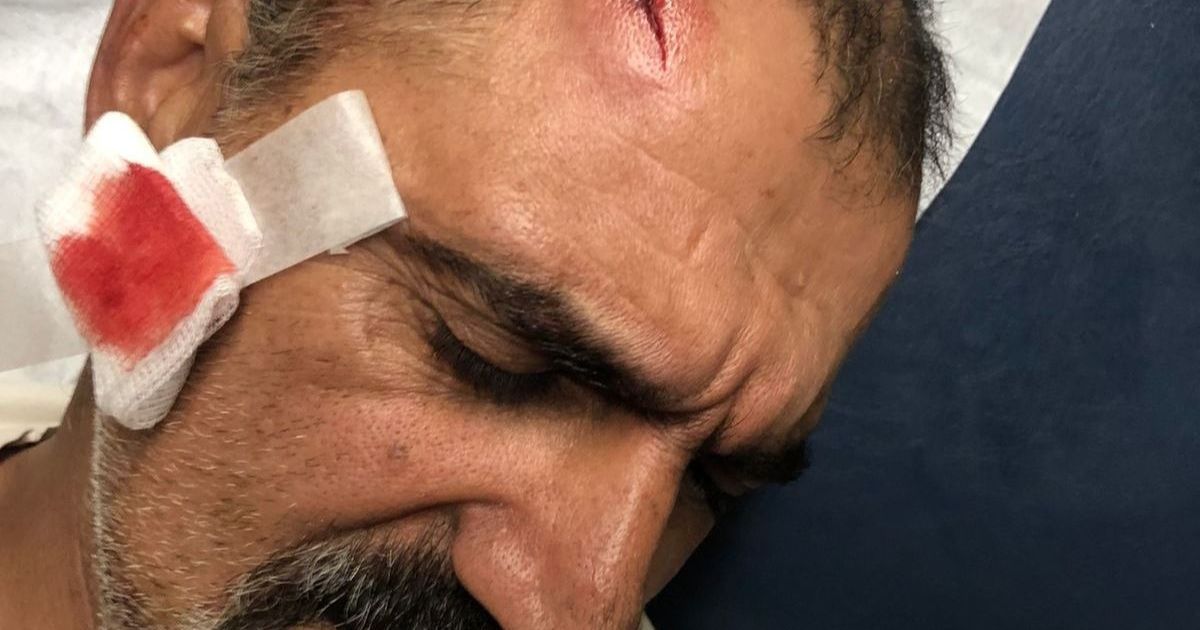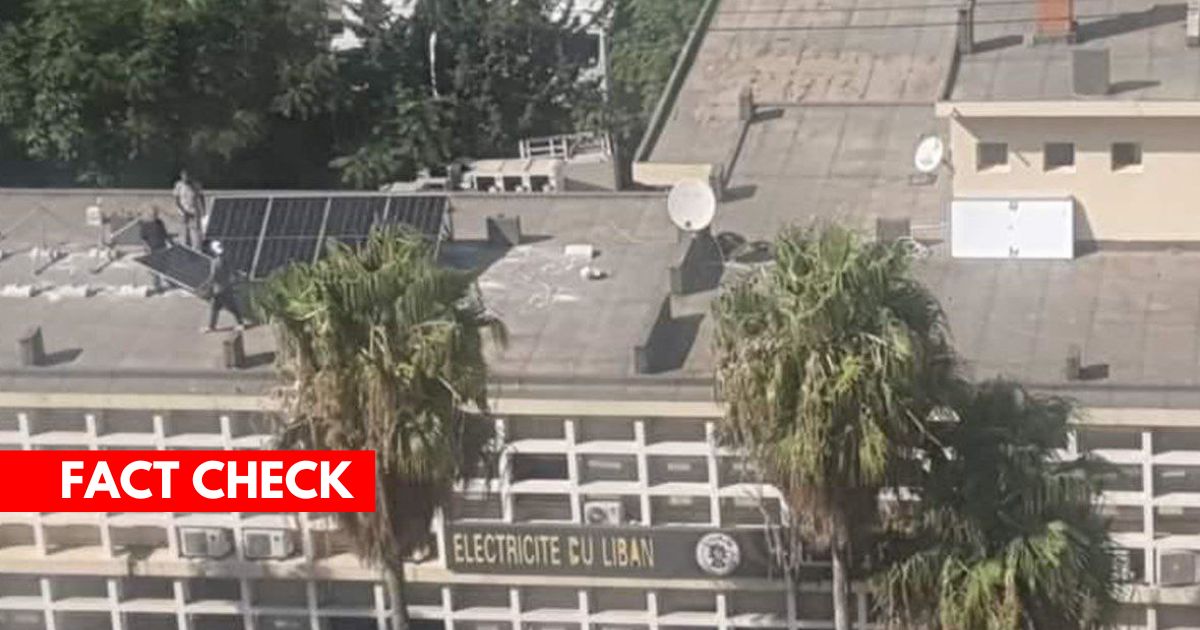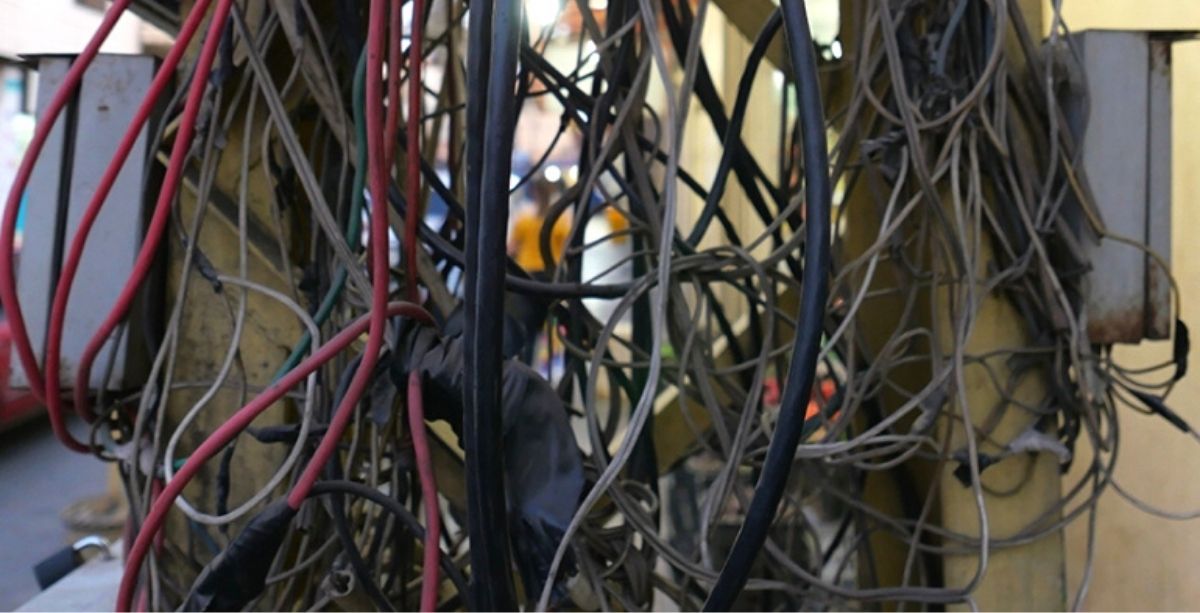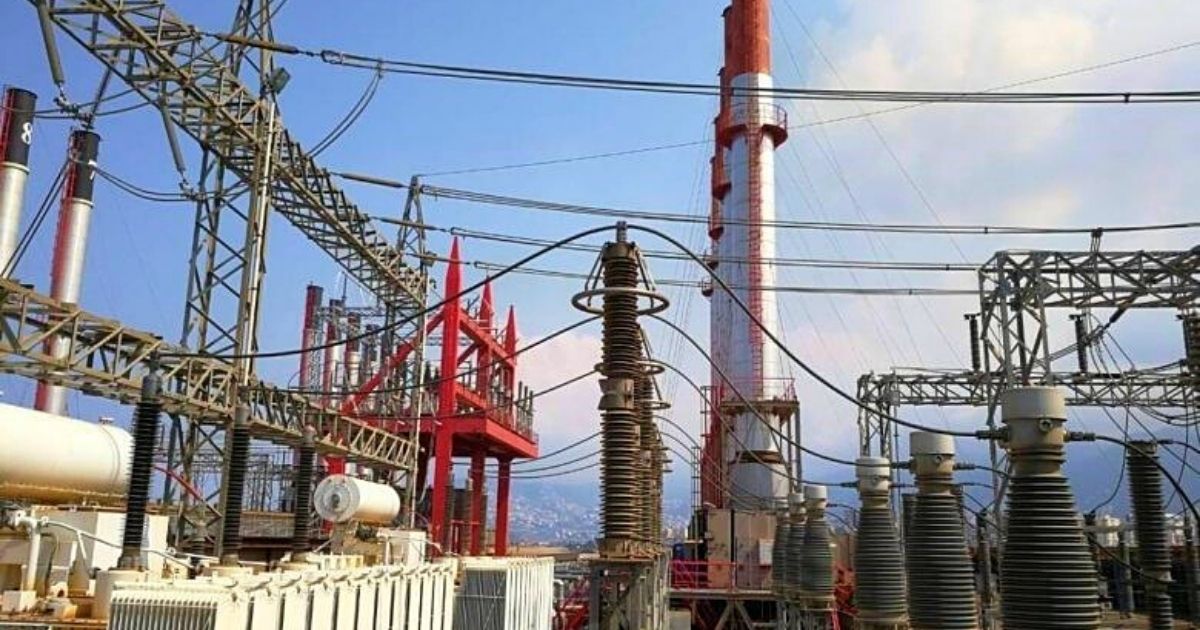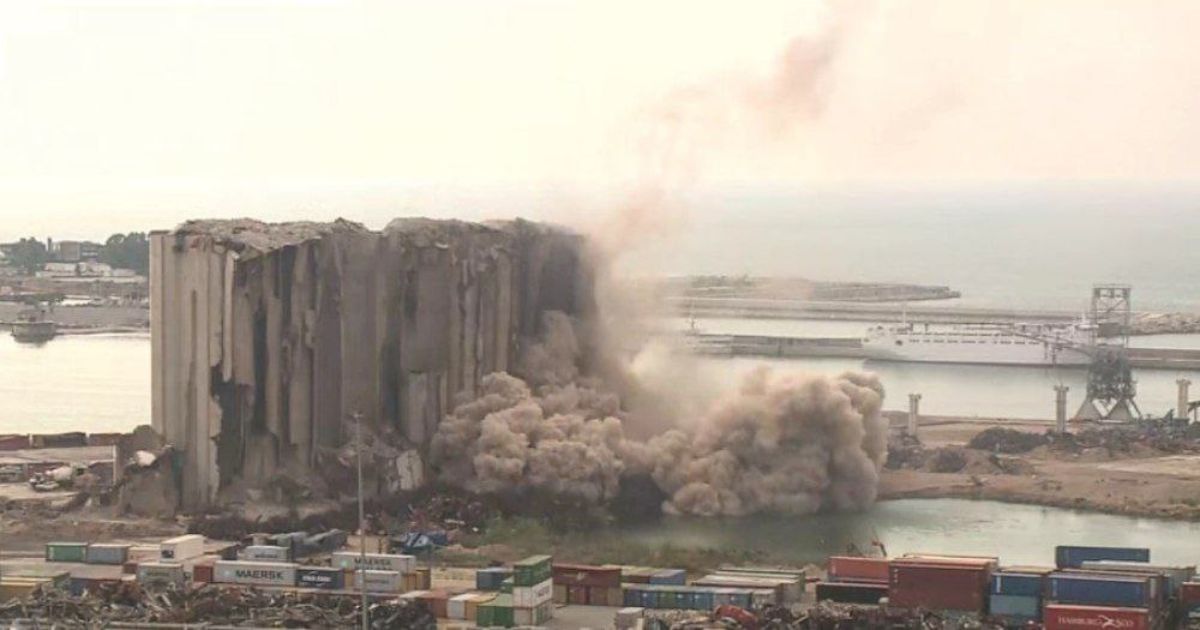It looks like struggle has no age in Lebanon. People are born struggling with backward conditions of a life with no electricity, spoiled food, no clean water, and no dignity.
The issue of jaundice began to be a source of concern for the Lebanese after a large number of cases were recorded in Tripoli.
In this context, a medical source warned of the transmission of this disease to various regions in light of water pollution, the loss of sterilization conditions, and electricity cuts that force people to buy water through tanks of unknown origin.
In addition, cases of poisoning among the Lebanese have risen, to the extent that hospitals have begun to be overwhelmed with infected people. The majority of cases are the result of poisoning with spoiled food.
The reason behind the many poisoning cases is due to more severe power cuts, with some lasting days. This has badly affected the quality of foods.
The monitors of the Health Ministry are moving quickly when registering any case of this type, to treat it immediately, especially at the gates of the summer season.
Lebanon will secure this week a deal, backed by the World Bank, to import Egyptian gas and Jordanian electricity that is expected to “increase power supply”, according to Energy Minister Walid Fayyad.
